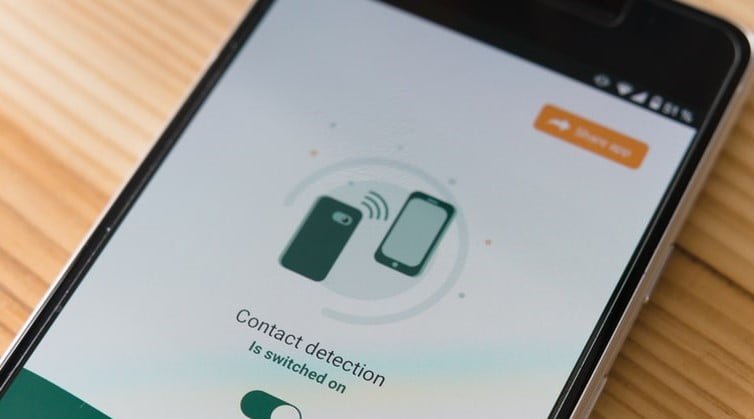Setting Up Parental Controls? Don’t Forget These Tips
by Arnab Dey How to Guides Published on: 15 February 2022 Last Updated on: 16 May 2025

When correctly set up, parental controls are the best way of keeping your family safe from the dangers of the Internet. Gambling and adult sites, violent content, you know the drill.
Of course, kids these days are pretty crafty and can easily get around parental controls when parents don’t know what to expect.
Here’s what can put a dent in your plans.
1. Secure Everything
You can access the Internet with pretty much every conceivable device nowadays. If you’re going to set up parental controls, then you better secure everything in your home.
No use setting restrictions on your child’s phone or computer, then leaving out your gadgets unprotected. Otherwise – you guessed it – they’ll just continue playing or streaming on your phone when you aren’t looking.
2. Be Careful with Your Passwords

Create strong, hard-to-guess passwords for any parental control features you implement. And you shouldn’t type it in while your child is around. They have a knack for looking over your shoulder when you least expect it.
They might even use screen recording software and capture the moment you input the password, only to play it back later. It might be a good idea to change your passwords regularly, just in case they manage to break through somehow.
3. VPNs Can Get Around Parental Controls
Planning on setting up DNS content filters, firewall rules, or working with your ISP to monitor your child’s online activity? All of those can easily be bypassed with a decent Virtual Private Network or VPN app.
Normally, VPNs are apps that encrypt your data (scramble it, basically) to keep it safe from hackers and monitoring from your ISPs.
However, they can also change your IP address and help you bypass online censorship and geo-restrictions on streaming platforms like Netflix.
Of course, said censorship also includes any content filtering methods, like changing DNS or setting up a firewall. And we’ve already established that they can prevent your ISP from monitoring online activity on your device(s).
Since your child will most likely install a free VPN, that comes with its risks, such as data logging, malware, intrusive ads, and more.
Keep an eye out on what kind of apps are installed on your phone, and whether the term “VPN” comes up in your searches on the App Store or Google Play Store.
Related Resource:
4. On Parental Control Apps

Using specific parental control software to block out harmful content online? Then keep in mind that your kid can always google “how to bypass X app” and get plenty of advice online – whether it’s on sites like Reddit or Quora, or from online articles on the topic.
You could try filtering such results from search engines, but that’s pretty much a fruitless endeavor. Your child will find another way to look it up – like using a friend’s phone, for example.
Before signing up for any parental control service, do a cursory Google search on how to bypass said app. That should give you an idea of how easy it is for your child to get around its restrictions.
5. Offer an Alternative
Parental controls are a great way of minimizing access to addicting activities during your kids’ formative years. Social media, video games, YouTube (or Twitch) – none of them are truly harmful in moderation. However, they can quickly spiral out of control when used by impressionable young minds.
That being said, simply piling on restrictions isn’t the way to go about it. Trying to control your kids or aspects of their lives may lead to overindulgence when they finally gain their independence. Instead, focus on taking an active role in their life.
Try to find something else that’s engaging for your child and join in on the fun. Younger children especially take social cues from their parents.
If you feign being excited about boring activities (like cleaning their room), they’ll follow suit. Just apply that mentality to healthy hobbies you might want them to have – drawing, reading, sports, dancing, you name it.
Finally, take the time to talk to them about the dangers of the Internet, and why you’re setting up parental controls in the first place. Make it feel less like a punishment and help them understand that it’s for their protection.
Read Also:



































































































